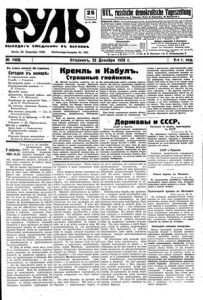Somewhere in her slight, but written with almost existential urgency, 1987 memoir, Une femme, Annie Ernaux recalls how her mother, in her quest to improve the family’s standing, her striving for upward mobility in the firmly entrenched social structure of post-war France, at some stage began referring to her husband in the oh so formal language imagined (by her) to be that of the bourgeoisie. Now, having read this book in German (Eine Frau, Suhrkamp, 2019), the class difference to be discerned in the “upgrading” of (presumably in the original French) mon mari to mon époux (in German: mein (Ehe)Mann to mein Gatte), and especially in respect to the social norms of the time, is clear in the formalities of both languages, but I am not so sure how that would transpose in modern English nor how that was handled in the English translation. When did you last hear anyone casually – or seriously – referring to their “spouse”? In this respect the English formal is often confined to tax forms! And, complicated further by the social and linguistic improvements (or at least changes) of the last decade or so, I do wonder where the translation would have gone with this.
But, I divert, for it is not so much this (not uninteresting) nuance of language that concerns me, but rather how powerfully that seemingly simple but inherently complex play with words describes the life and the ambitions of Annie Ernaux’s mother, and that were so inextricable from husband and child. I read this book very much as a memorial to this life – giving it the respect and meaning in memory and reflection that it was often denied in the course of its living. And, because Ernaux’s mother is never named, it may be, more generally, read as about a woman of a certain stand and certain generation in a certain place – or any place really.
Unlike La place which I have previously written on, in which Ernaux disentangles her relationship with her father, and which is rendered with the rational distance from events and emotions that only distance in time affords, Une femme is written with immediacy and in the midst of grief and the lonely struggle against feelings of guilt and shame that that brings. But, it is also written by “a writer”, and as such Ernaux can do nothing other than write her way to some point of reconciliation; remaining attentive to her craft – assembling fragments, observations, narratives to a captivating whole. This book touched me deeply. I could write about all the “class” stuff that could be extricated from the text, but I won’t here – not now – rather I will just pay tribute to the courage of this wonderful French writer who, in confronting her own imperfect place in the world, dignifies that held by others. And gratitude, for sharing that experience that many of us have had, or will have, when faced with the realization that someone near and dear will never again exist upon this earth; one who connects us to our past, of finding ourselves for a short time or long set adrift; flaying, disoriented.
A comprehensive collection of Annie Ernaux’s work is available in English translation at Seven Stories Press.




